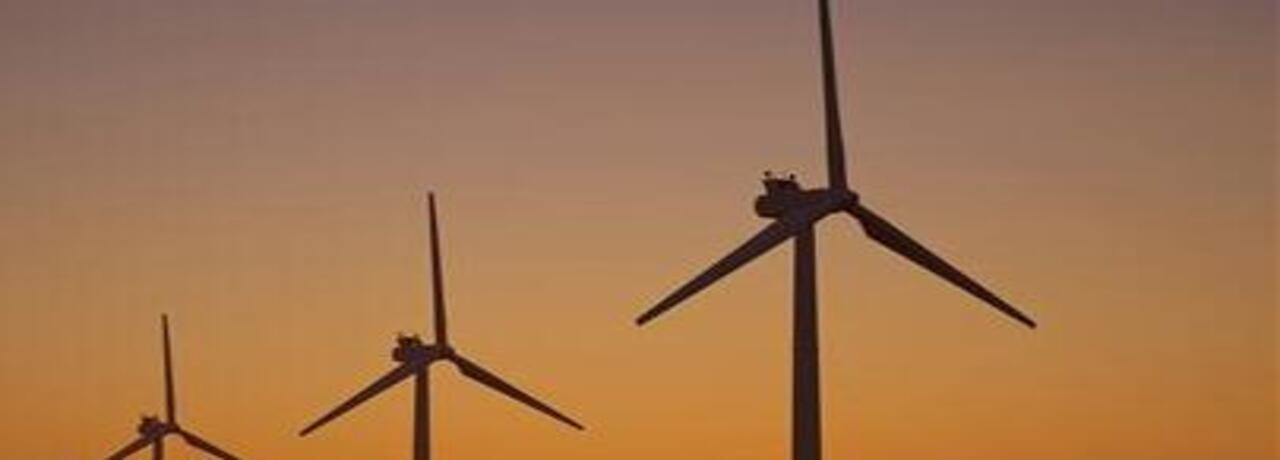Executive Summary
The global transition stands at a critical crossroads. A decade after the Paris Agreement climate impacts are accelerating: 2024 was the hottest year on record, with direct climate damages reaching USD300bn and broader economic losses in the trillions. Current trends point toward warming above +3°C by 2100, as global emissions failed to fully decouple from economic growth and continued their upward trend over the past decade. Keeping warming below 2°C will require rapid electrification, steep cuts in fossil-fuel use, and accelerated deployment of clean technologies. With COP30 underway in Belém, the decisions made this year will be pivotal in shaping the global climate trajectory for the next decade.
Progress has accelerated, but major (investment) gaps remain. Renewables overtook coal in global power production in the first half of 2025 and low-carbon electricity capacity has expanded +53% since 2015. Clean-energy costs have fallen sharply - solar by 87%, wind by 48–55% and batteries by over 80% - making them broadly cost-competitive with fossil fuel based alternatives. Low carbon investment has reached USD2.1trn, up 78% over the decade, yet a USD2.6trn annual mitigation gap remains through 2030.
The Allianz Green Transition Tracker reveals both growing momentum and widening divergence. The Tracker evaluates 69 countries across five indicators - carbon and energy intensity, consumption- and territorial-based emissions per capita, and the share of low-carbon electricity - through two dimensions: the Peer Score, which compares current performance across countries, and the Progress Score, which measures each country’s pace of decarbonization relative to its 2015 baseline and the 2050 net-zero target. The results reveal that while many countries are moving faster than commonly assumed, the gap between leaders and laggards is increasing.
Performance today reflects familiar structural differences. The Peer Score highlights that lower-income countries such as Sri Lanka and Colombia perform strongly due to low per-capita emissions, while advanced European economies - led by Sweden, Denmark and Switzerland - score highly thanks to sustained decarbonization and clean-power expansion. In contrast, fossil-fuel-dependent and high-emitting nations, including Saudi Arabia, Qatar, China and the United States, continue to lag, reflecting persistent structural reliance on hydrocarbons.
The pace of decarbonization is encouraging, but still not sufficient. The Progress Score indicates that 15 countries have already covered at least one-third of the distance toward net zero, led by Luxembourg and Switzerland, supported by high energy efficiency and power systems that are over 90% low-carbon. Another 20 countries - including Spain, Brazil, Poland and Australia - have progressed by at least 20%, showing measurable but still insufficient momentum. Meanwhile, major emitters - such as the United States and China, which together account for about 40% of global emissions - have shown only marginal improvement since 2015, underscoring the scale of the remaining challenge.
The ones to watch: A handful of major economies will determine the global outcome. Several countries and regions play a decisive role in the global energy transition, each offering lessons and highlighting persistent challenges. China drives the global clean-energy expansion, accounting for 42% of international renewable investment and over 60% of wind, solar and battery manufacturing. Yet, it remains the world’s largest emitter, with fossil fuels supplying around 90% of primary energy. The United States shows partial decoupling, with rising renewables reducing power-sector emissions, but fossil fuels still dominate the energy mix. India is scaling renewables rapidly and has met non-fossil power targets early, yet fossil fuels supply over 93% of energy amid growing demand. Europe leads in emissions reductions and structural decoupling, but consumption-based emissions and fossil reliance persist. Brazil combines a clean electricity supply with large carbon sinks, though deforestation and agriculture-related emissions offset progress. Decarbonizing these key economies - together responsible for more than 56% of global emissions - will be critical to keeping global warming in check and advancing a low-carbon future.
